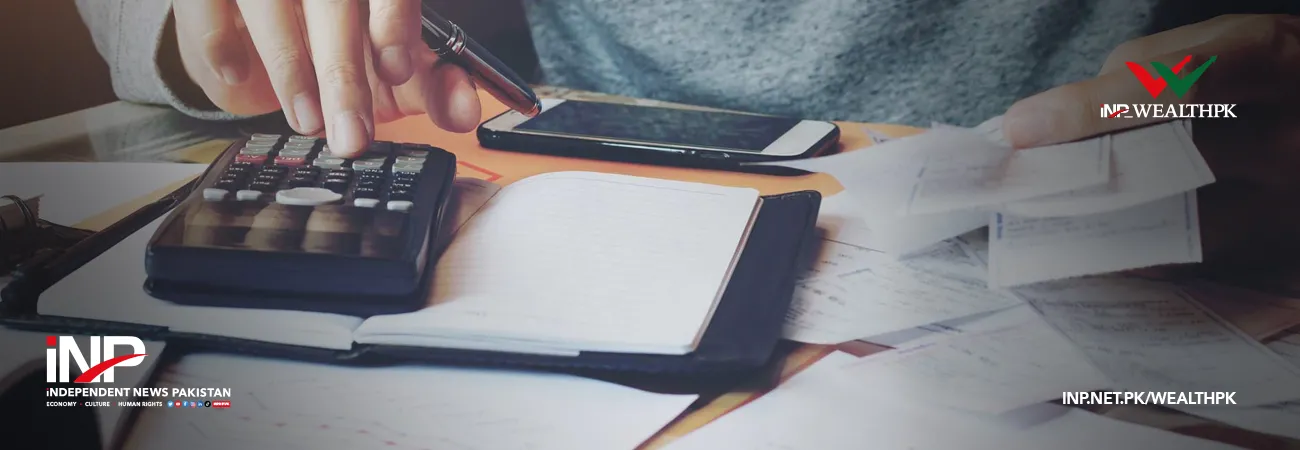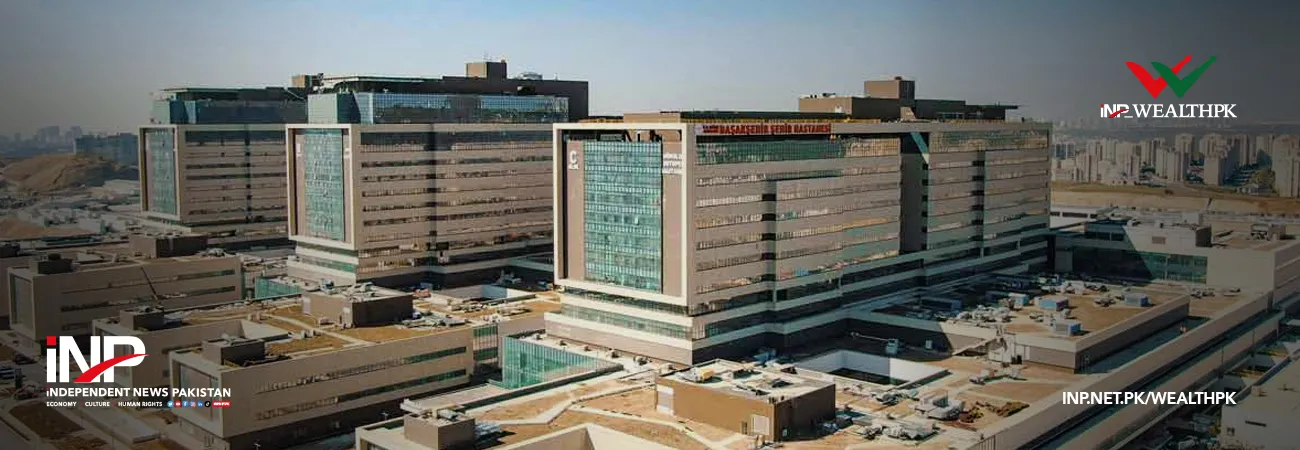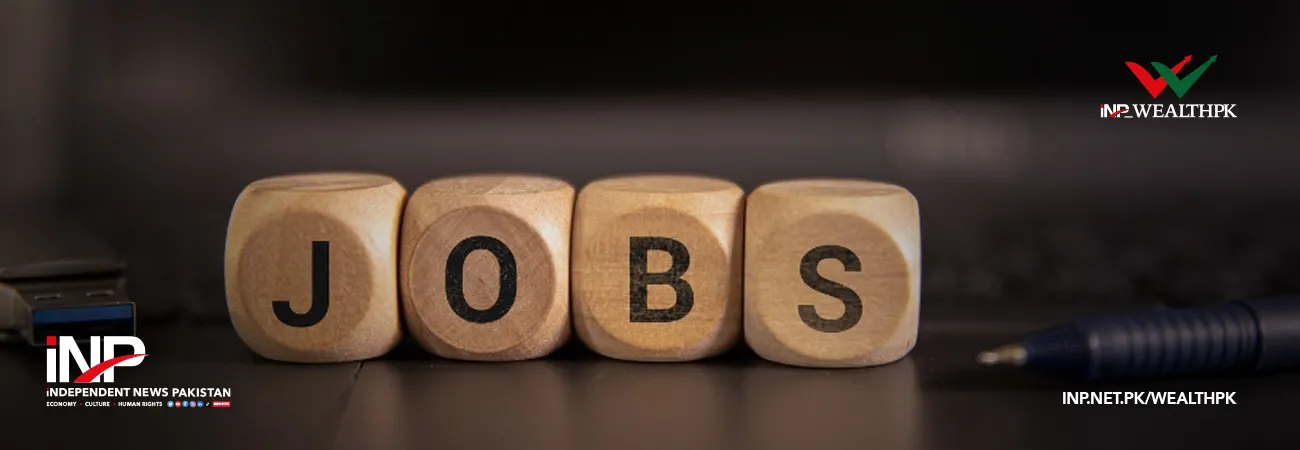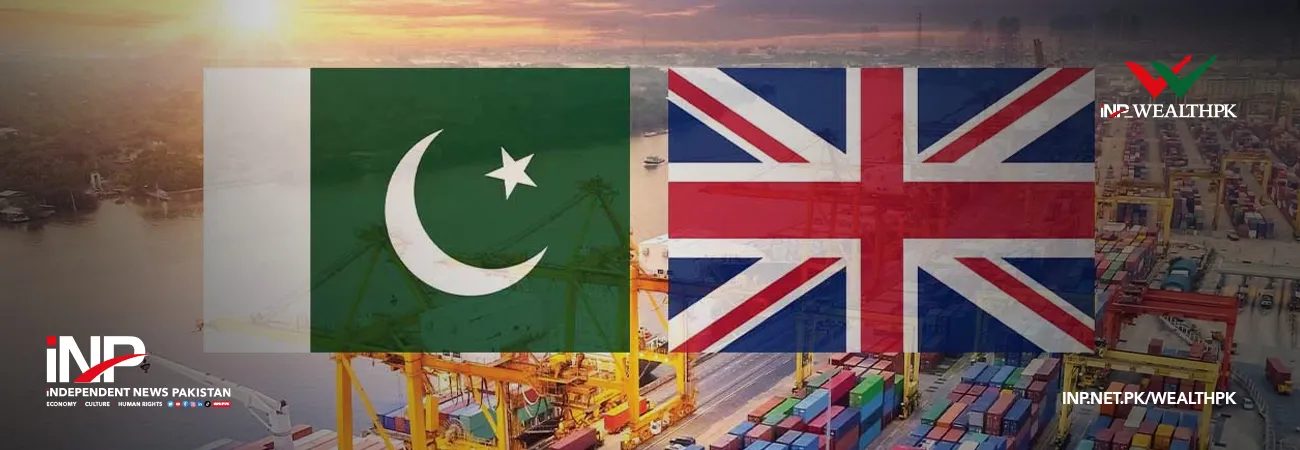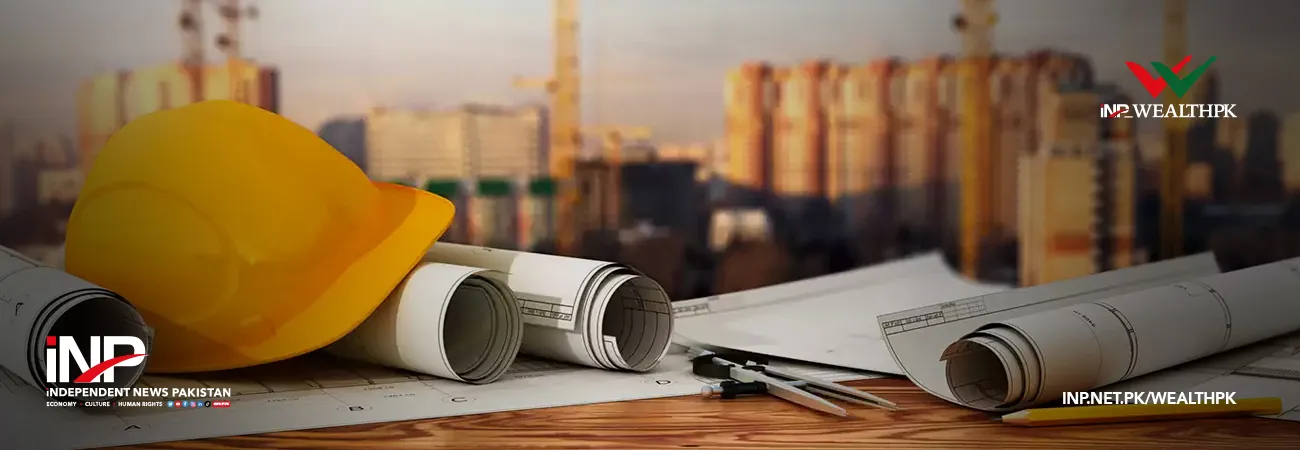INP-WealthPk
By Abdul Wajid Khan ISLAMABAD, May 20 (INP-WealthPK): Institute for Policy Reforms (IPR) has advised the government to prepare a sound plan to avoid future current account crises, and take immediate action to prevent the economy from collapsing. According to a report launched by the think-tank titled “What to do about Pakistan’s Mountain of Debt”, a copy of which is available with WealthPK, external debt and current account deficit are not just the biggest economic issues, they constitute a national emergency. The report outlines the causes of the prevailing economic crisis with short-and-medium-term recommendations. The report said that so far, the government’s only response is to seek more loans from International Monetary Fund (IMF) which is not enough. In this way, Pakistan cannot exit the problem. “Between 2015 and 2021, foreign debt grew by over 200%, while payment of interest and principal grew by 250%. But exports have grown by just 3%. How will we repay the debt?” the report wondered. The report noted that the reason behind the repeated crisis is a breakdown in policymaking. For example, Pakistan has a constant trade deficit. “It is because of falling investment and production, but there is no effort to increase them. When we invest and produce less, we must import more, financed with foreign loans. When the economy grows by 2 to 3%, Pakistan’s exports and remittances are enough to meet most imports. But when the economy grows by about 5% or when energy prices suddenly shoot up, we need more loans. That causes payment of interest and principal to rise and thus the crisis,” the report highlighted. It said a plan to avoid future current account crises should lie at the centre of any substantial engagement with the IMF and other partners. The IMF’s main goal is to help a troubled economy to tide over an emergency. This is done in the hope that the country would make reforms to avoid a future crisis. “As our over 20 visits to IMF testifies, Pakistan does not make reforms. The depth of reforms that Pakistan needs can only be set right by strong and committed leadership engaged with the people of Pakistan and working for growth and development,” said the report. It said the economy takes years to recover from each crisis. “And we pay huge sums to external creditors and suppliers of goods. The ensuing devaluation, high-interest rate, and cuts in public spending impoverish the citizens and depress economic activity. It is now a regular occurrence,” the report added. The sum of the economy’s infrastructure, human resource, and institutional assets is good for the economy to grow by up to 3%. Clearly, a growth rate of 2 to 3% is not an acceptable goal. All this has skewed the government’s expenditure. In FY2021, 38% of federal expenditure paid off just the interest on domestic and foreign debt. It was 78% of the federal revenue receipt. Most other expenditure was met from borrowings. Public investment on infrastructure and human capital has been cut drastically to meet debt payments. In addition to payment of interest, subsidies take up a lot of funds. Independent Power Producers (IPPs) are an example as are loss-making public-sector enterprises (PSEs). The IPR recommended that each year, the government of Pakistan must set targets for fiscal and current account deficits and cut its cost accordingly. The government may also earmark a part of the $30 billion remittances for repayment of external debt, by limiting imports. In addition to indirect taxes, the government must increase direct taxes and reduce exemptions. Pakistan has to go for debt relief from international creditors. To convince lenders that Pakistan wants to avoid future crises, the government must go with a sound plan for economic growth and correction of elite privilege. Until exports can grow substantially from the production of more goods, the government must make an item-wise study of what export could increase quickly, possibly with incentives. Similarly, it must do away with all non-essential goods imports and make an item-wise review to find domestic substitutes for them and bring some items quickly into production with incentives. In addition to a Saudi facility for deferred payment for oil, the government may request the same from Qatar. The government must gradually start accessing external debt to only finance projects that ensure gross domestic product (GDP) growth and boost exports. If over 70% of new debt is consumed, the crisis will never go away. Getting out of the crisis would not be quick and easy. It is a gradual process aided also by some medium-term measures such as making the power sector more sustainable and reliable. The government may also restructure domestic debt and reorient public investment to help with export growth as well as ensure more credit for the private sector.






